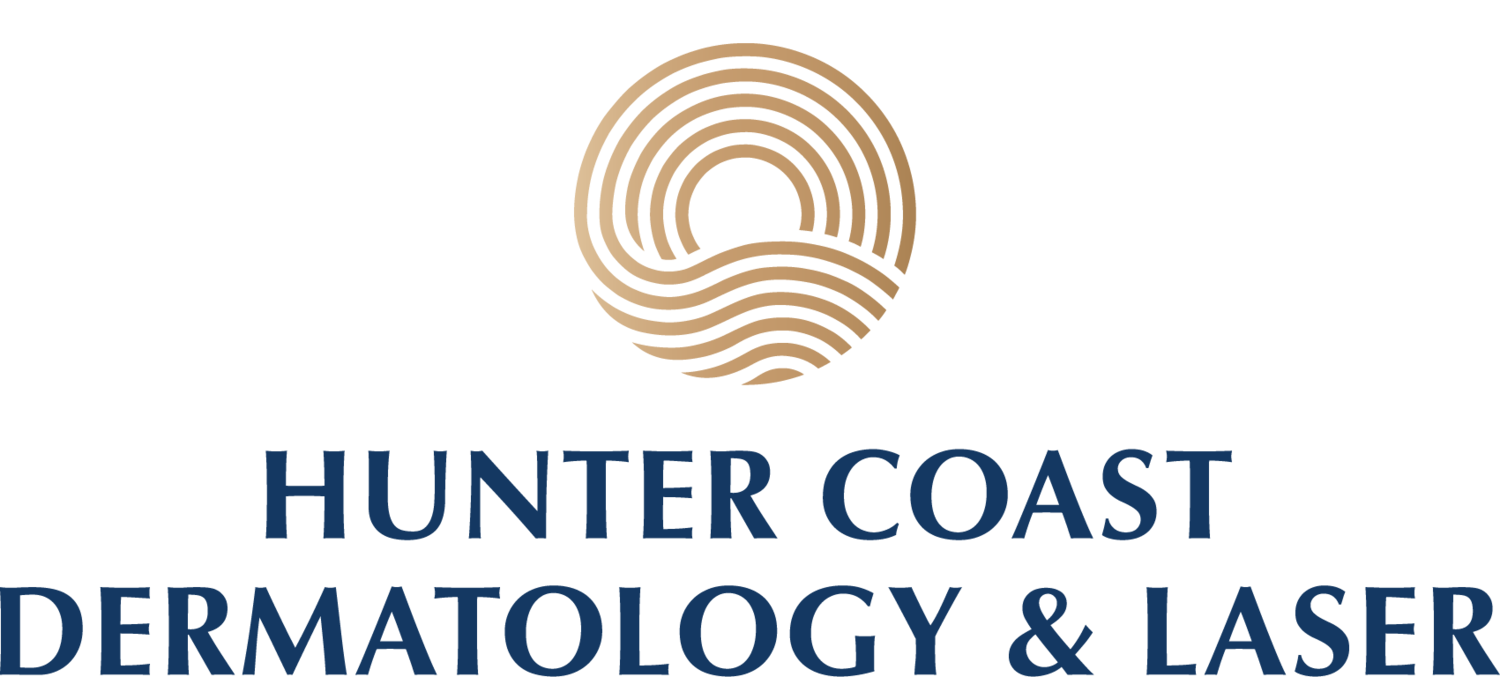
Psoriasis
What is Psoriasis?
Psoriasis is a skin condition that causes thick, red, well-defined, plaques to develop on the skin. These plaques can often have a scaly surface texture on the skin, but can also affect the appearance of the nails and cause joint problems.
Psoriasis has also been associated with other medical problems, which may need further investigation and review. Psoriasis does not always cause symptoms, but may cause itch, stinging and pain. It is a cosmetically debilitating condition, especially if it is present on exposed sites or is widespread. It may be present on the scalp, causing significant dandruff and skin flaking. Other common sites include behind the ears, around the belly button, natal cleft, palms and soles. Some people also have psoriasis on the genital skin.
How is Psoriasis treated?
The treatment of psoriasis has come a long way, and there are now many effective treatments for psoriasis. Dermatologists are the experts in psoriasis management. They work closely with rheumatologists if you also have problems with your joints, known as psoriatic arthritis.
Dermatologists have access to effective topical treatments for mild to moderate psoriasis. They also often prescribe ultraviolet light-based treatment. If these treatments are ineffective in adequately controlling your psoriasis, then your Dermatologist will discuss oral treatment options. If your psoriasis is severe and does not respond adequately to creams, light therapy or tablets, you may be eligible for Medicare subsidised biologic therapy. This treatment is the gold standard for difficult cases of psoriasis, is more targeted, and has fewer side effects than other treatment methods.
To obtain the right advice and support for your psoriasis, contact our friendly team at HCDL to make an appointment to see one of our Dermatologists.



